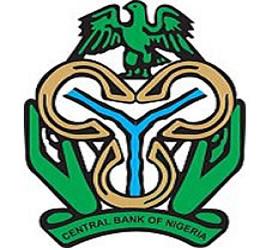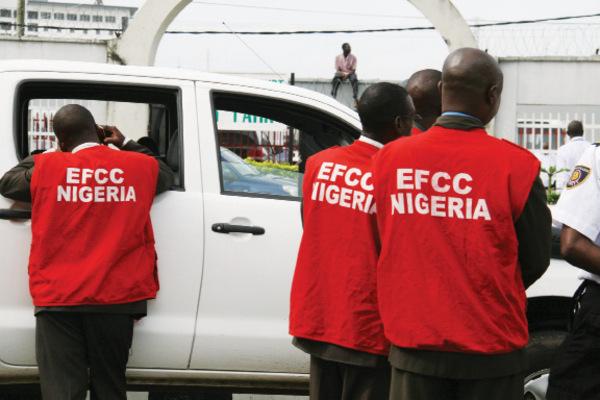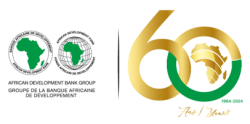
Oscarline Onwuemenyi
24 March 2017, Sweetcrude, Abuja – The Monetary Policy Committee of the Central Bank of Nigeria has retained all monetary policy rates, saying the solution to current stunted economic growth and unemployment was with the fiscal authorities.
The CBN Governor, Mr. Godwin Emefiele, who said this in Abuja while addressing newsmen on the outcome of the second MPC meeting for the year, noted that nine of the 10 committee members voted to retain Monetary Policy Rate at 14 per cent, Cash Reserve Ratio at 22.5 per cent and Liquidity Ratio at 30 per cent.
Also, the Asymmetric corridor was retained at +200 and -500 basis points around the MPR. Since July 2016, there has been no major monetary policy change.
Emefiele said the recent appreciation of the Naira, the release of the Economic Recovery and Growth Plan also impacted the decisions of the committee.
The CBN governor called for speedy implementation of the plan with clear timelines and deliverables.
He said that the committee was optimistic that the newly released Economic Recovery and Growth Plan, ERGP, coupled with innovative, growth-stimulating sector-based policies, would help fast track economic recovery, if properly implemented.
Emefiele said, “Nevertheless, the Committee noted the arguments for tightening policy which remained strong and persuasive. These include the real policy rate which remains negative, upper reference band for inflation which remains substantially breached and the elevated demand pressure in the foreign exchange market.
“The reality of sustained pressures on consumer prices and the naira exchange rate cannot be ignored, given the bank’s primary mandate of price stability.”
Emefiele noted that the moderation in inflation in February was due to base effect as other parameters, particularly month-on-month consumer price index, continued to rise.
He said: “However, tightening at this time would portray the bank as being insensitive to growth.”
Emefiele said the committee also considered the argument that loose monetary policy was capable of delivering cheaper credit.
He said this would likely make it more attractive for Nigerians to acquire assets, thus increasing wealth and stimulating aggregate spending and confidence by economic agents.
He added that, “However, the counterfactual argument against loosening was anchored on the upward trending month-on-month inflation and its impact on the exchange rate. Loosening would thus worsen the already negative real interest rate, widen the interest rate spread and reverse the positive outlook for the current account position.”
On outlook for financial stability, the committee noted that the banking sector was becoming less resilient due to adverse macroeconomic environment.
The Committee, therefore, enjoined the CBN to work with banks to promptly address rising non-performing loans, declining asset quality, credit concentration and high foreign exchange exposures.



